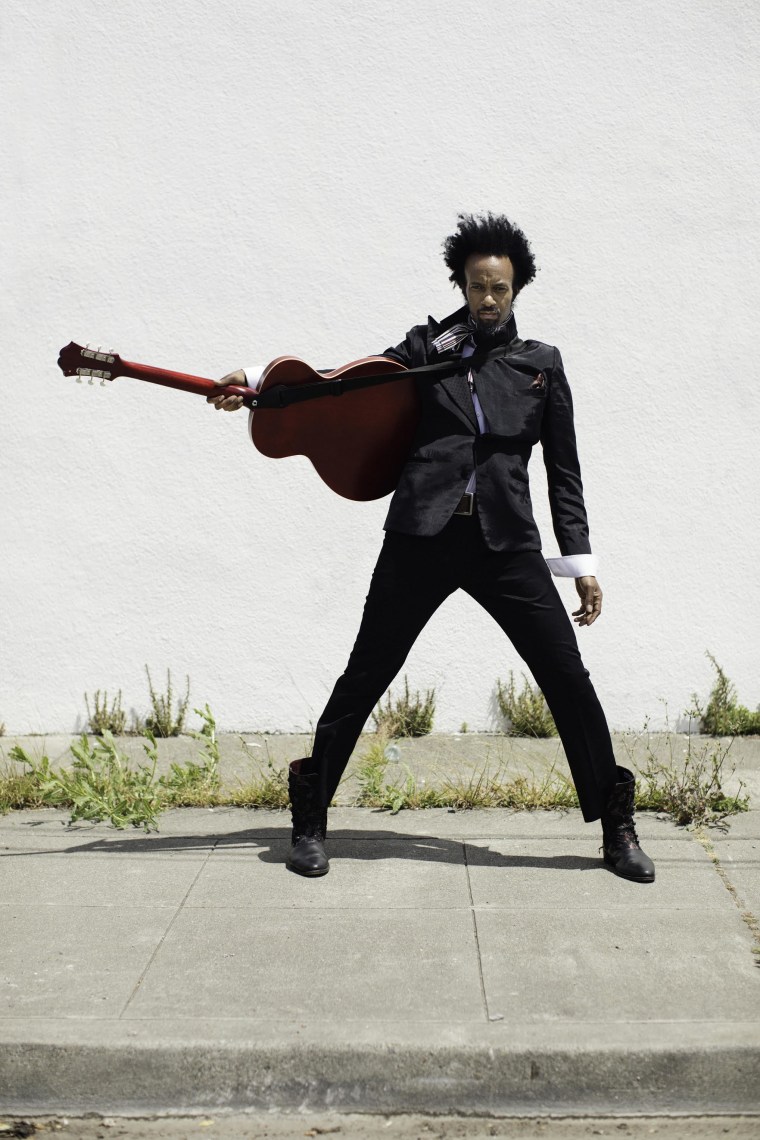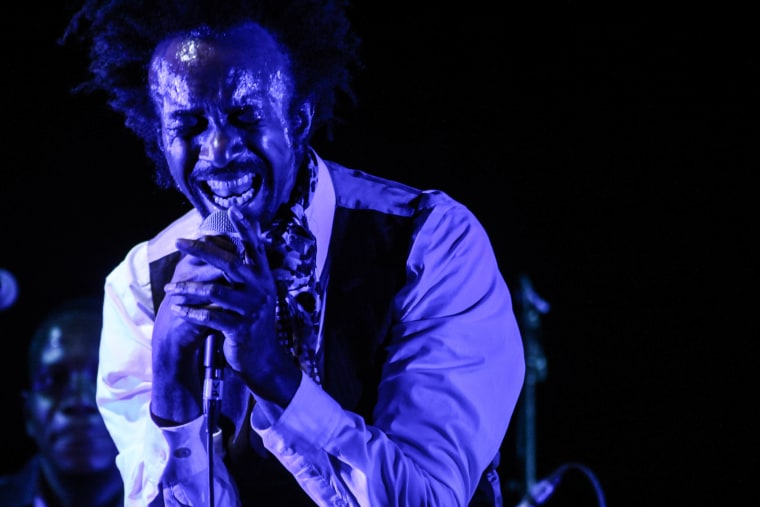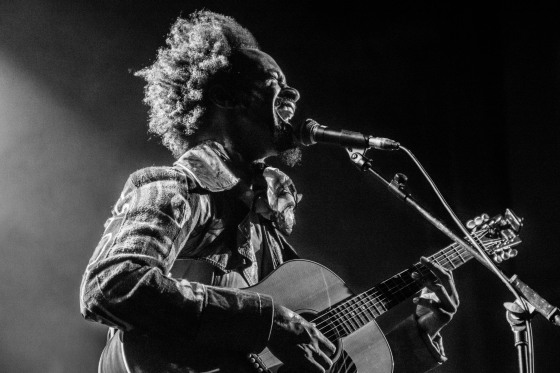Xavier Amin Dphrepaulezz, better known by his stage name Fantastic Negrito, went through a long journey of destruction and rebirth before arriving at his current incarnation as an internationally acclaimed musician.
This summer, Dphrepaulezz will be touring all of Europe, hitting countries such as France, Spain, Norway, and the UK.
Dphrepaulezz is certainly one who recognizes the power of his music and its potential to give back — particularly to his hometown of Oakland, California, a city that has undergone major changes in a shifting landscape of gentrification.
“A lot of people paid with their lives to make Oakland what it is—[it’s the home of the] free speech movement and the Black Panthers; that’s what allowed all of this incredible music to be present,” he says. “But I don’t mind being the voice of the New Oakland to maintain the integrity and edge of it. Old Oakland and New Oakland is one and the same. It’s connected. I aspire to be the bridge between both.”

His Grammy award-winning album, 2016’s “The Last Days of Oakland,” refers to what he calls the “death of the Old Oakland.”
With wordplay like “I feel like its over; Him clean my city, me sell my soul/Him evil genius; turned working people into the working poor,” the record takes on gentrification and violence through gut-wrenching lyrics set over soulful riffs that channel blues legends like Skip James, Charlie Patton, and Lead Belly.
It is this musical intention that Dphrepaulezz is making a name out of.
Related: Opinion: Frank Ocean Is the Perfect Model of ‘Carefree Black Masculinity’
“I came up with ‘Fanstastic Negrito’ because I had a fondness and respect for pioneers for pop culture, [which I call] ‘black roots music.’ I knew that people would ask about it all the time, and [it would give me the chance] to talk about these geniuses who are the originators of modern music,” Dphrepaulezz says. “We owe them so much. I give a great deal of respect and gratitude to the black roots garden that everyone in the world picks from.”
Listening to Dphrepaulezz play, it’s evident that his music is indeed, rooted in a place of profound gravity.
As a man who has experienced tragedy through what he refers to as "multiple incarnations," he writes on his website that his listeners are “invited to hear the story of life after destruction. Your dream can die. You will probably give up. But from there, you can start everything over.”
Dphrepaulezz says he spent his young years getting caught up "in the streets" of Oakland, until a run-in with masked gunmen brought him to a near-death experience. Shortly after, he decided to move to LA with a music demo in hand. In L.A., he scored a multi-million dollar deal and became involved in the Hollywood lifestyle, a process he calls a "creative death."
Unable to meet the demands of a major record label, he lost sense of himself and decided to quit. In 2000, he suffered a near fatal car accident that not only put him in a coma, but mangled his playing hand. After suffering so much damage and devastation, he decided to sell all his instruments and divorce himself from music. He moved back to Oakland and became a marijuana farmer, using the time to invest in his own healing and spiritual journey.
Dphrepaulezz didn’t think he’d return to music again - until something life-changing happened: he had a son.

While trying everything to calm his crying baby, he attempted a last resort. He began playing a few riffs on his one remaining guitar. Lo and behold, it worked, and it sparked the process of re-entering music again.
Related: 10 Out Black Musicians You Should Know
“At this stage of my life, Delta Mississippi music spoke to me,” he says, adding that this journey is different than the others because he wants to contribute to the world in a bigger way. “An artist contributes. In my previous life, I didn’t understand that. The contribution matters - people don’t care about your songs until they connect with them.”
Playing with this intention, Dphrepaulezz is continuing the legacy of his forefathers through his rendition of blues music that transcends musical genres. As he tours Europe this summer, he hopes that his performances will cut through language barriers, infused with a sense of urgency and purpose.
“I hope I contribute something useful to the human family. That’s my intention. And I hope that it’s useful to people,” he says. “My life, my failures. I hope that gives people the lesson to rebuild their own lives.”
